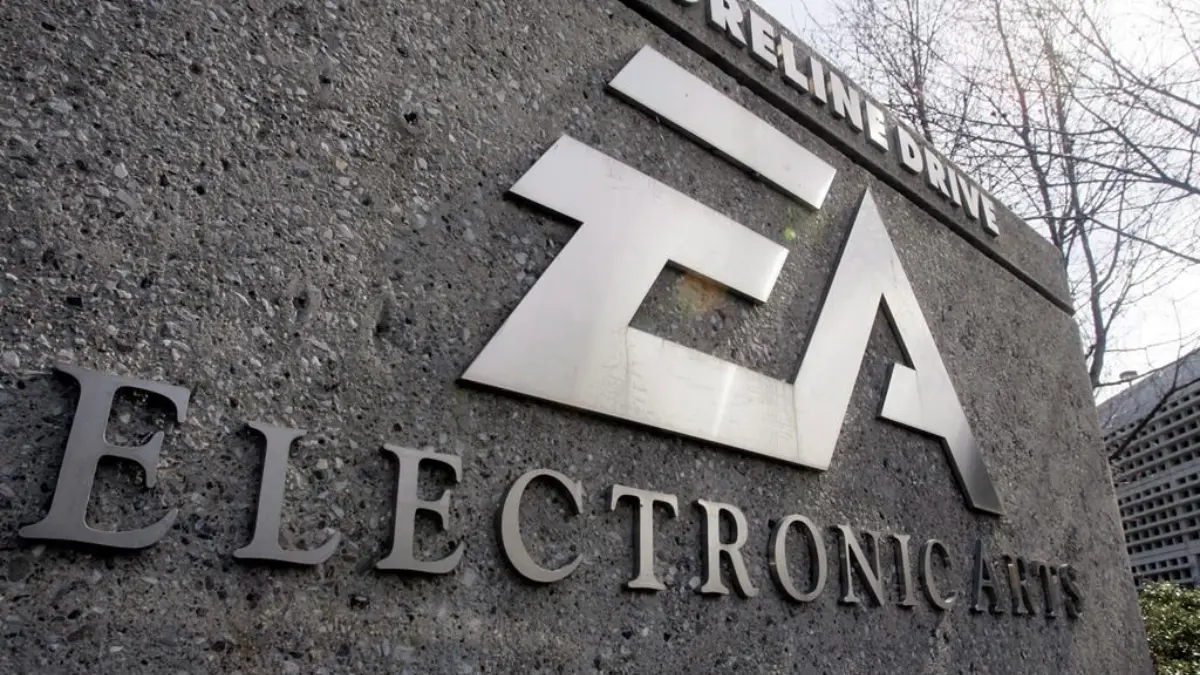Electronic Arts is going private in a massive $55bn acquisition led by Saudi Arabia’s Public Investment Fund, private equity giant Silver Lake, and Affinity Partners. The deal ranks among the largest in entertainment history and will take the gaming giant off the public market.
The buyer group plans to finance the acquisition with approximately $36bn in equity investment and $20bn in debt from JPMorgan. PIF will roll over its existing EA stake as part of the equity portion. Once complete, EA will no longer trade on the stock market or report quarterly earnings to Wall Street.
EA CEO Andrew Wilson praised his teams in an official statement, saying they would continue to “push the boundaries of entertainment, sports, and technology” and create “transformative experiences to inspire generations to come.”
The consortium brings together three heavyweight investors. PIF, Saudi Arabia’s sovereign wealth fund, has been aggressively investing in gaming through its Savvy Games Group subsidiary, which already owns mobile giant Scopely and esports organizer ESL. Silver Lake specializes in technology and media deals, with past investments including Dell and Endeavor. Affinity Partners, founded by Jared Kushner, counts PIF as a major anchor investor.
Taking EA private means the publisher won’t face quarterly pressure from public shareholders anymore. But the $20bn debt load creates new financial obligations that could influence future decisions about game development, studio operations, and staffing.
The deal needs regulatory approval from multiple countries, including a likely review by the Committee on Foreign Investment in the United States (CFIUS) due to foreign sovereign involvement. The parties expect the transaction to close by 2027, meaning EA remains public for several more years.
EA’s massive portfolio includes annual sports franchises like EA Sports FC, Madden NFL, NHL, and F1, plus major properties like The Sims, Apex Legends, Battlefield, and BioWare’s Dragon Age and Mass Effect series. How the new ownership structure affects these franchises remains to be seen.
The acquisition continues a trend of consolidation in gaming, following Microsoft’s $69bn purchase of Activision Blizzard. After this deal closes, few major American game publishers will remain publicly traded, with Take-Two, Roblox, and Unity among the remaining public companies.

